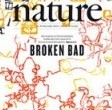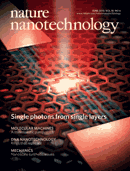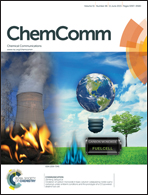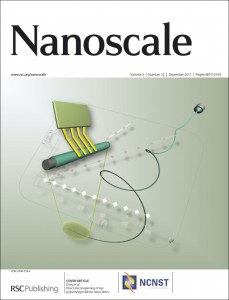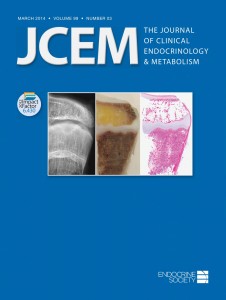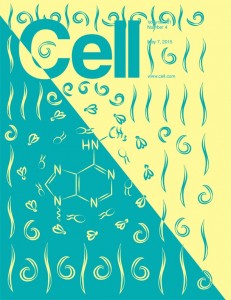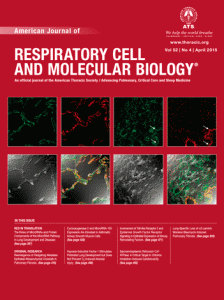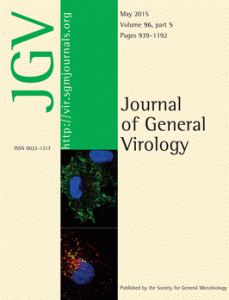 The authors of recent article about the rabbit hepatitis E virus have pulled the paper after discovering an unexpected mutation in their viral clone that likely affected the analysis.
The authors of recent article about the rabbit hepatitis E virus have pulled the paper after discovering an unexpected mutation in their viral clone that likely affected the analysis.
They realized their mistake soon after the article, “RNA transcripts of full-length cDNA clones of rabbit hepatitis E virus are infectious in rabbits,” was published online in the Journal of General Virology in November, 2014. They withdrew the article before it made it into print.
The article came from a group led by Xiang-Jin Meng, of the Virginia-Maryland College of Veterinary Medicine, an offshoot of Virginia Tech and the University of Maryland.
Here’s the notice, which — tsk tsk — sits behind a pay wall: Continue reading Rabbit redo: Paper on lepus hepatitis pulled for mutation that “was not supposed to be present”
